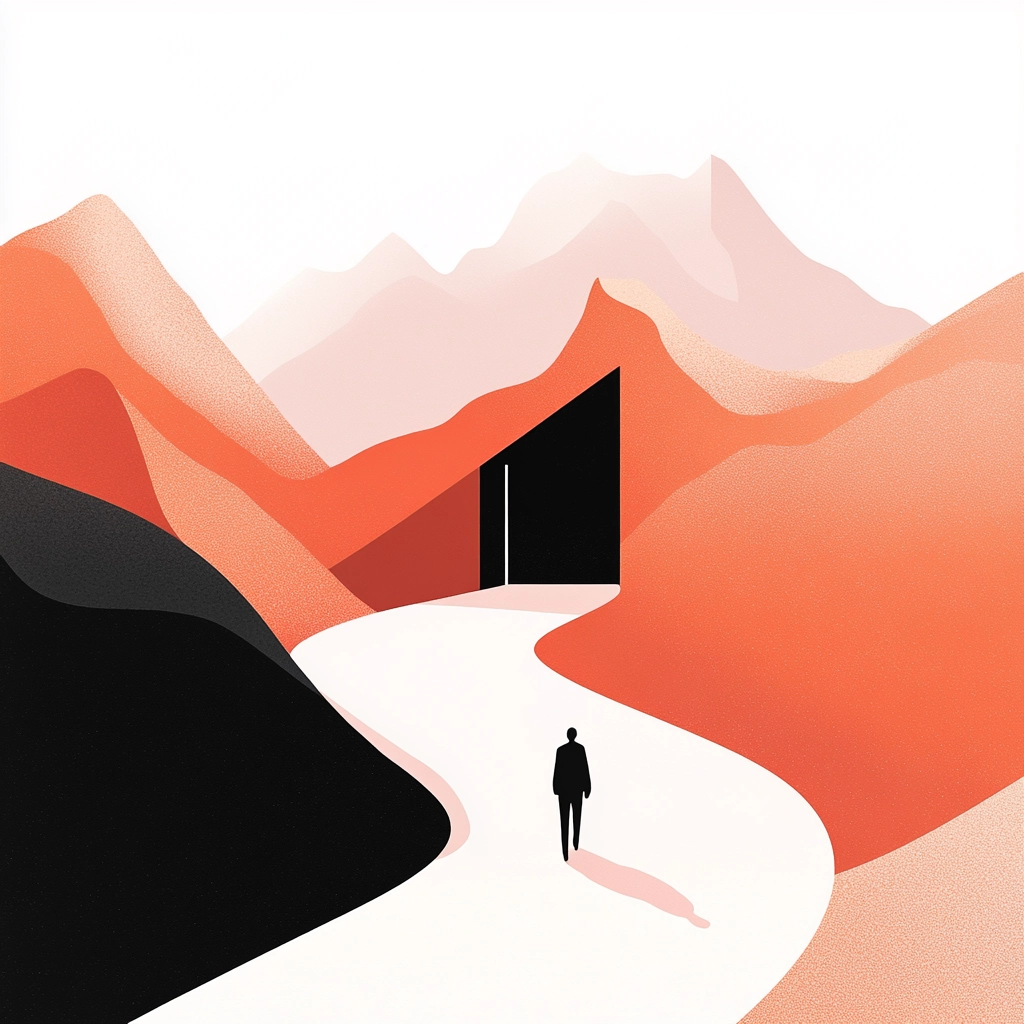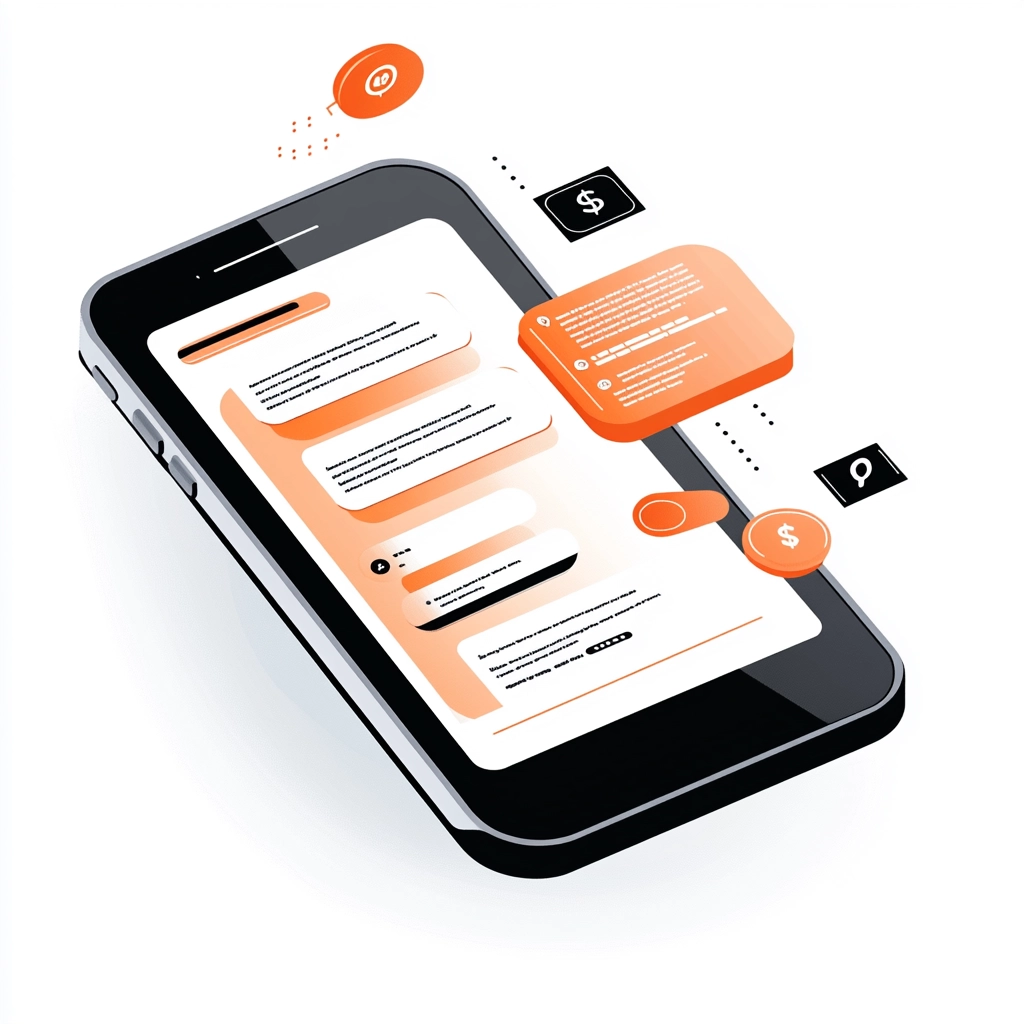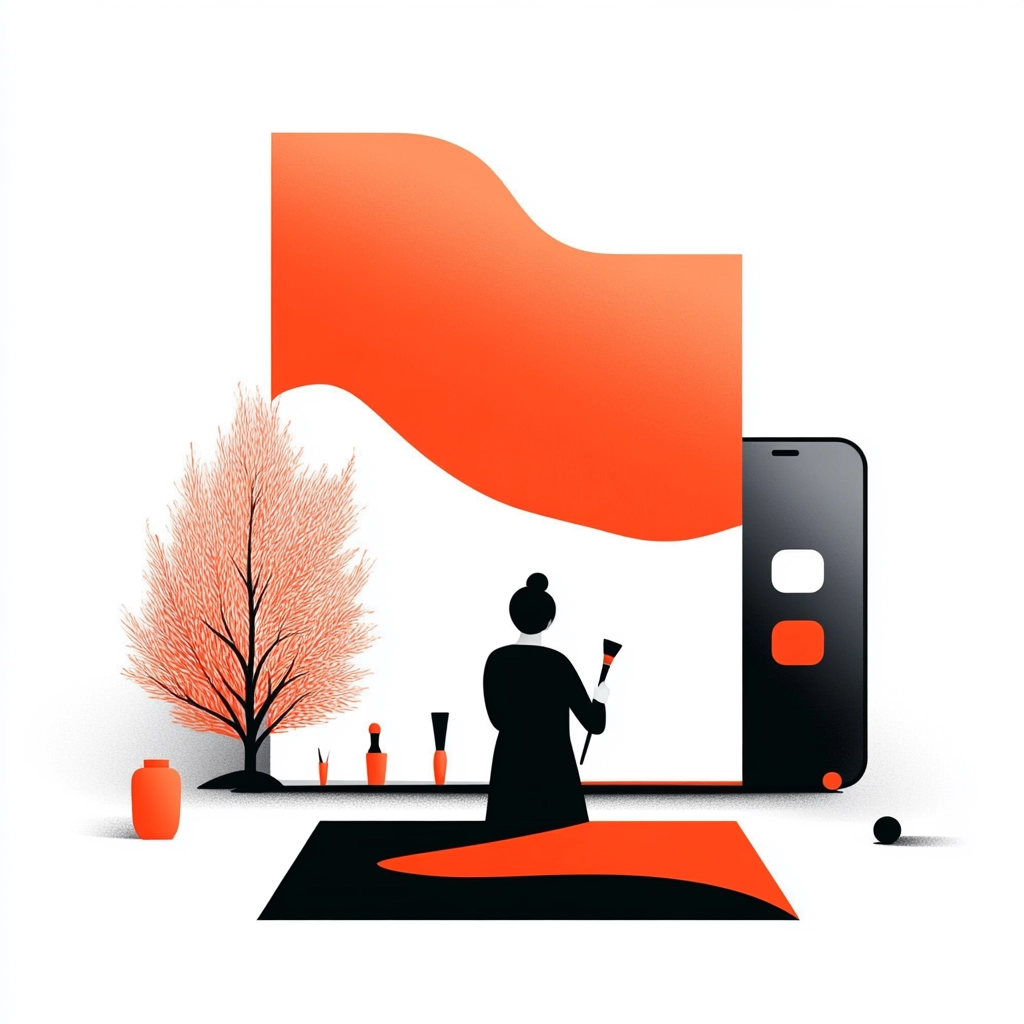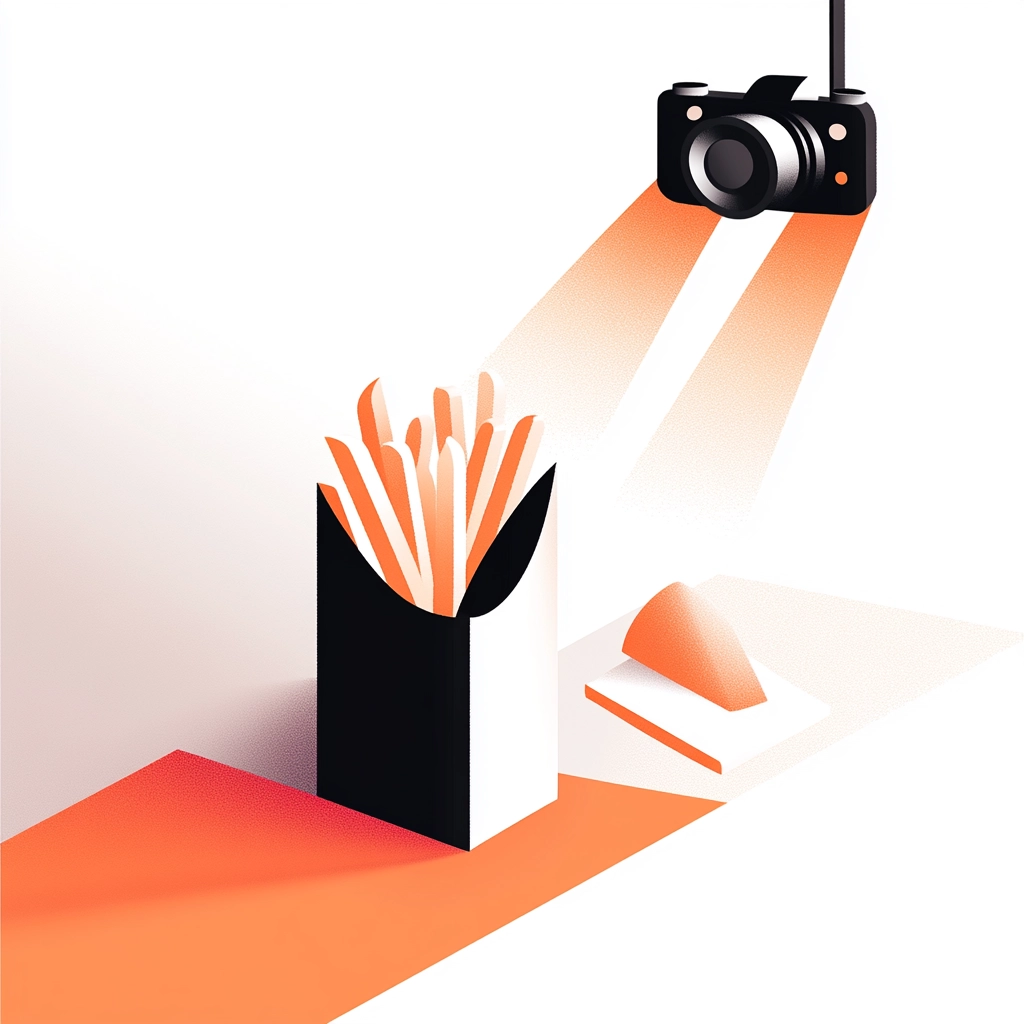PROBLEM
Lacked research-led innovation.
A 90+ year-old packaging company in Tennessee, USA, required innovative practices to transform traditional packaging structures in response to emerging food-related trends and consumer behaviors. The absence of a research-driven design process limited the company’s ability to anticipate market needs and unlock new product opportunities.
MY ROLE: Design Researcher and Innovation Strategist.
GOALS
- To inform the stakeholders about this relevant behavioral trend for the food services industry
- To inspire structural design opportunities
OUTCOME
- Conducted 2 research case studies that guided product development.
- Delivered +20 findings and areas of opportunity that translated into +100 ideas and 5+ potential new products.
- Influenced leadership on the value of research while achieving business objectives.
Key insights:
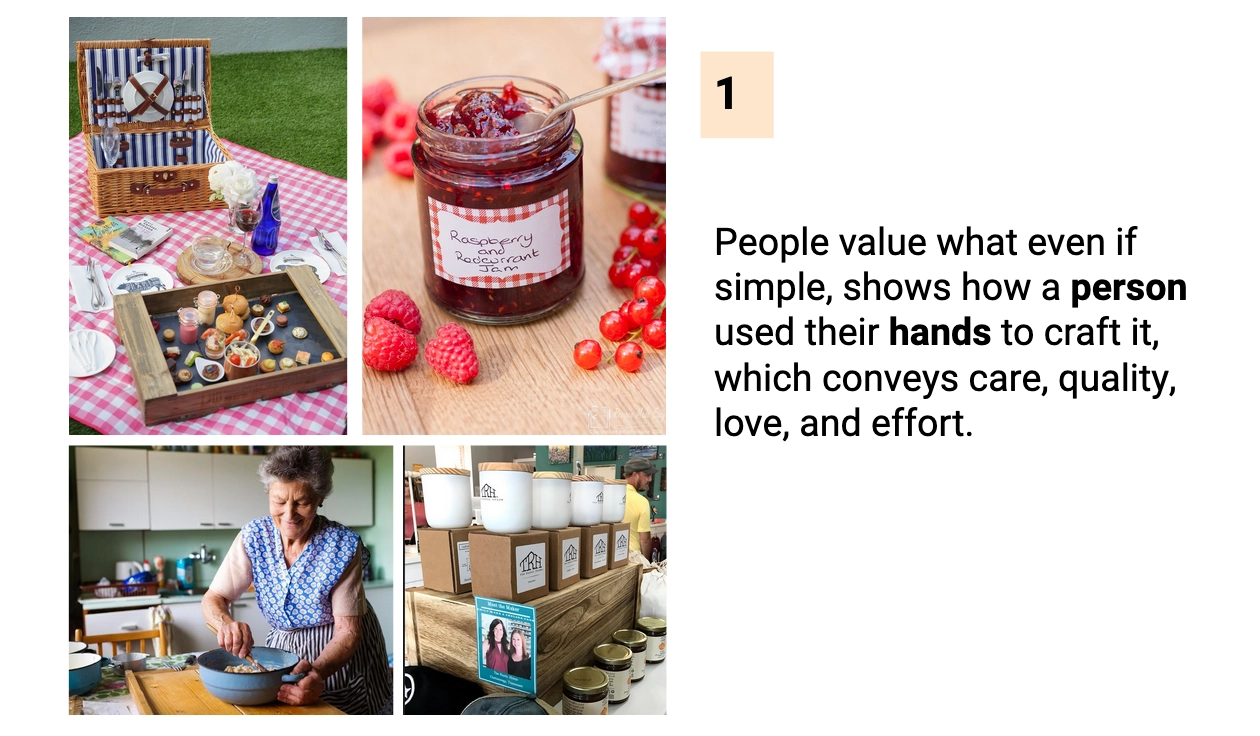
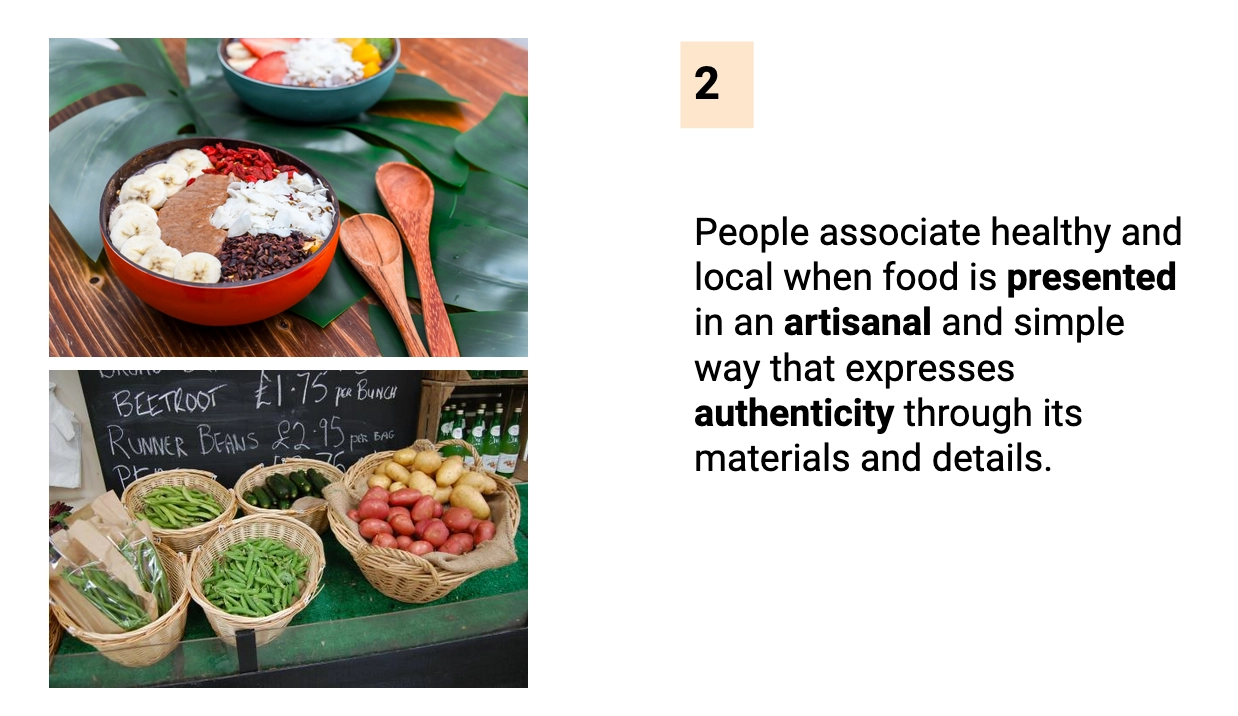
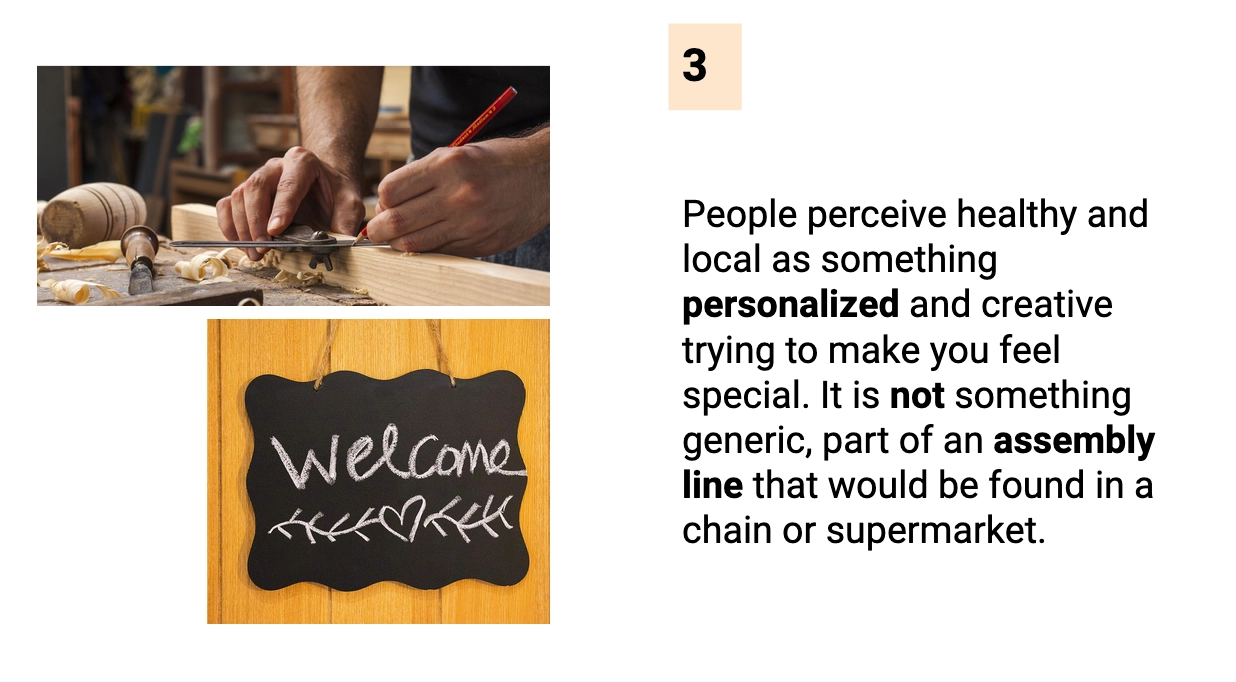
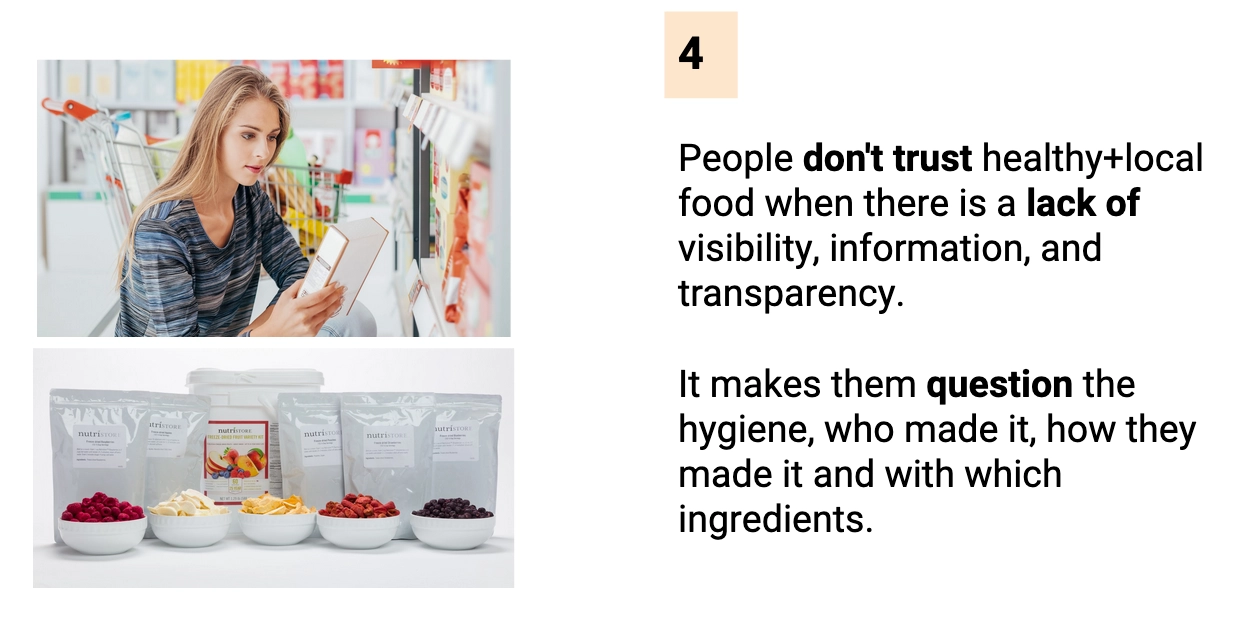
PROCESS
- DATA COLLECTION
- DATA ANALYSIS
- IDEATION - CONCEPT DEVELOPMENT
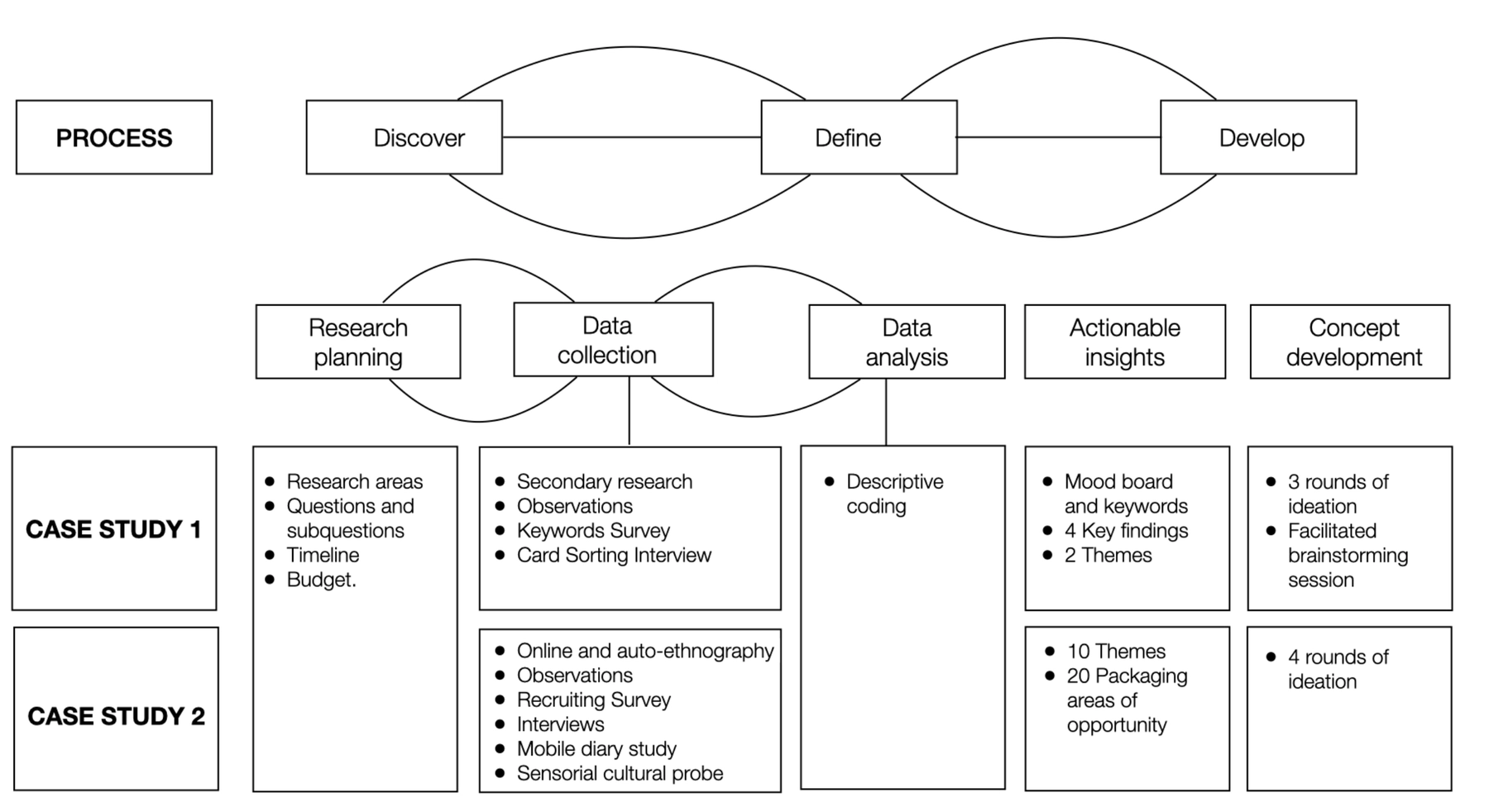
1. DATA COLLECTION
Card Sorting Interviews: To understand people's associations.
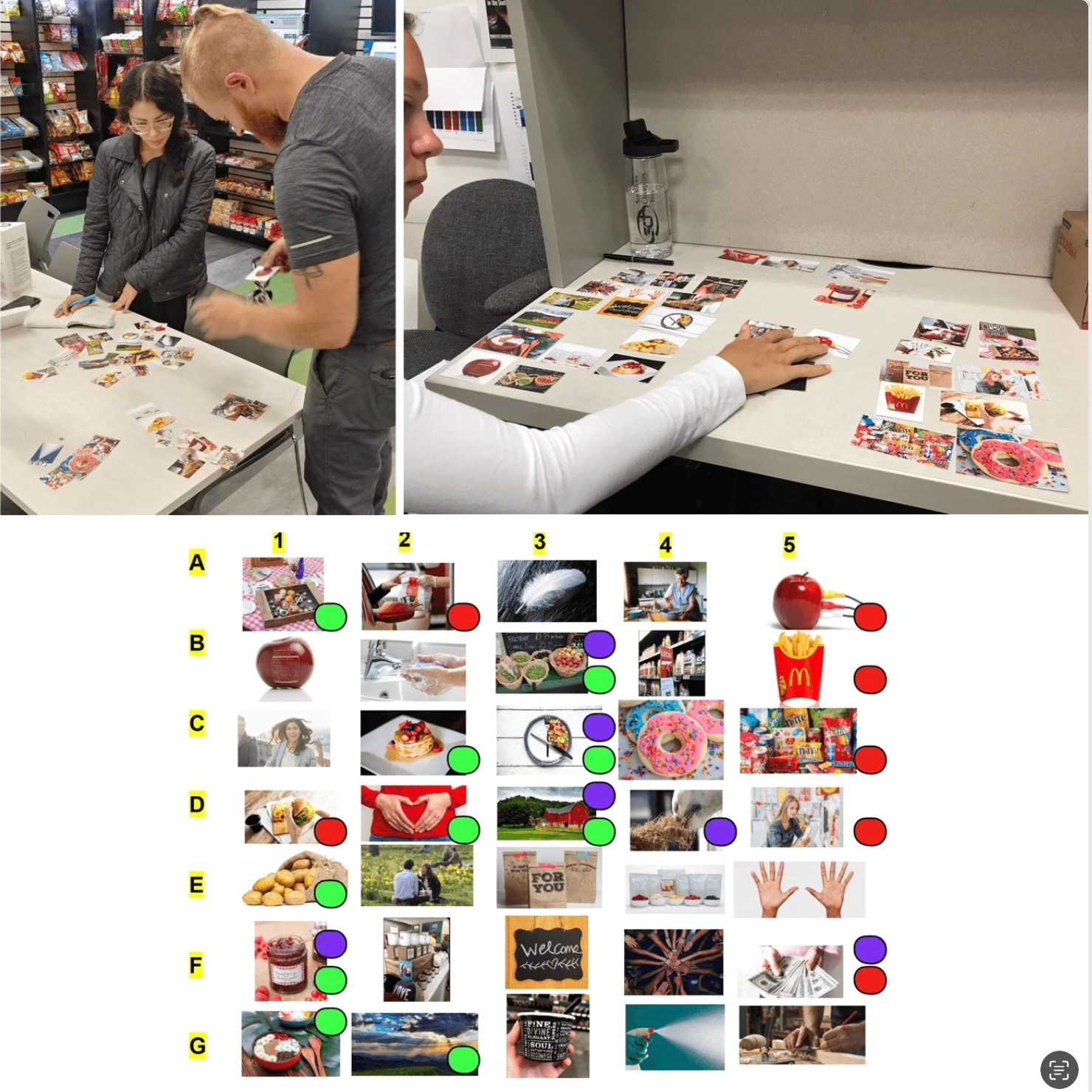
Cultural Probe: To observe people's behavior and inquire about their decisions.
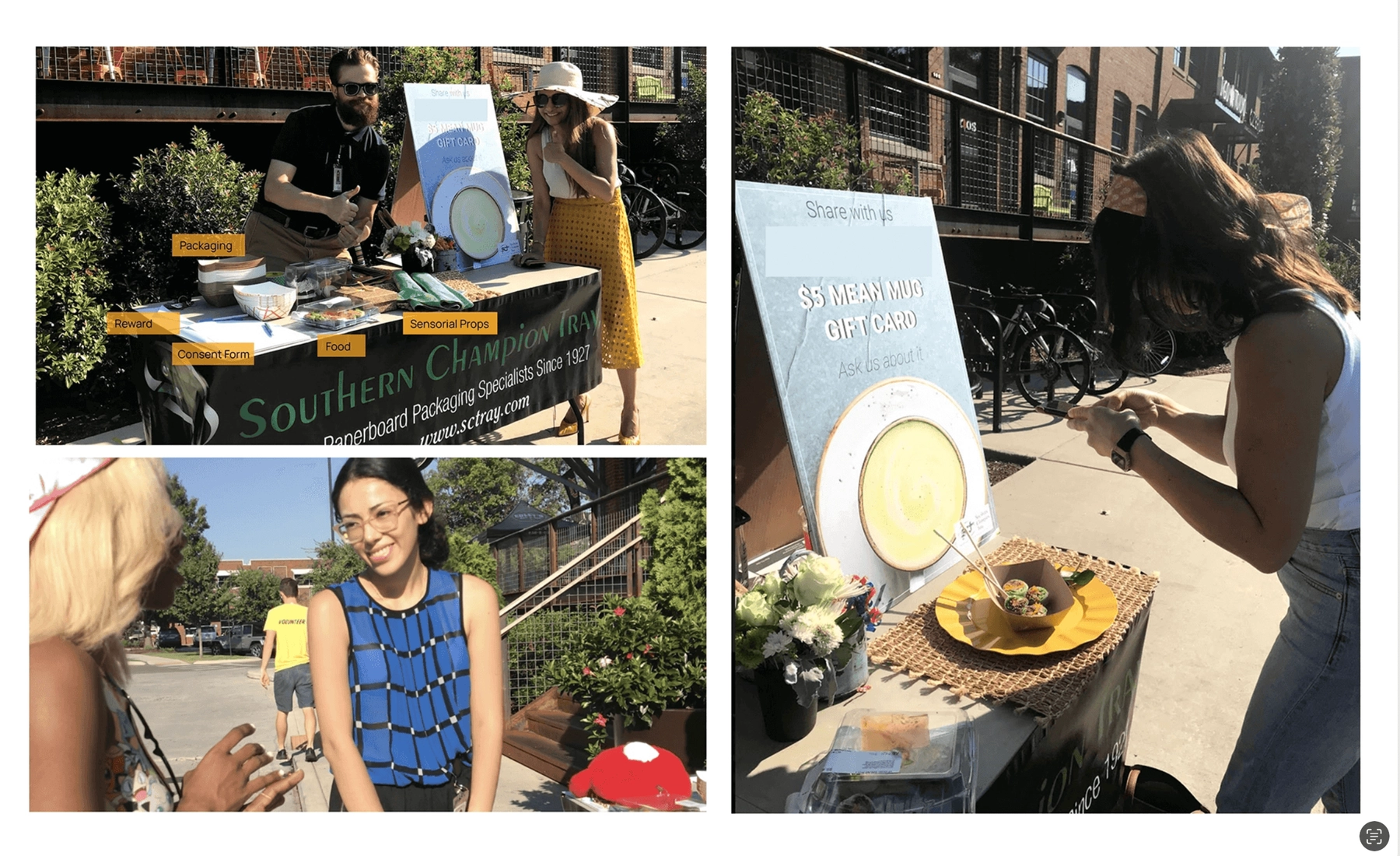
2. DATA ANALYSIS
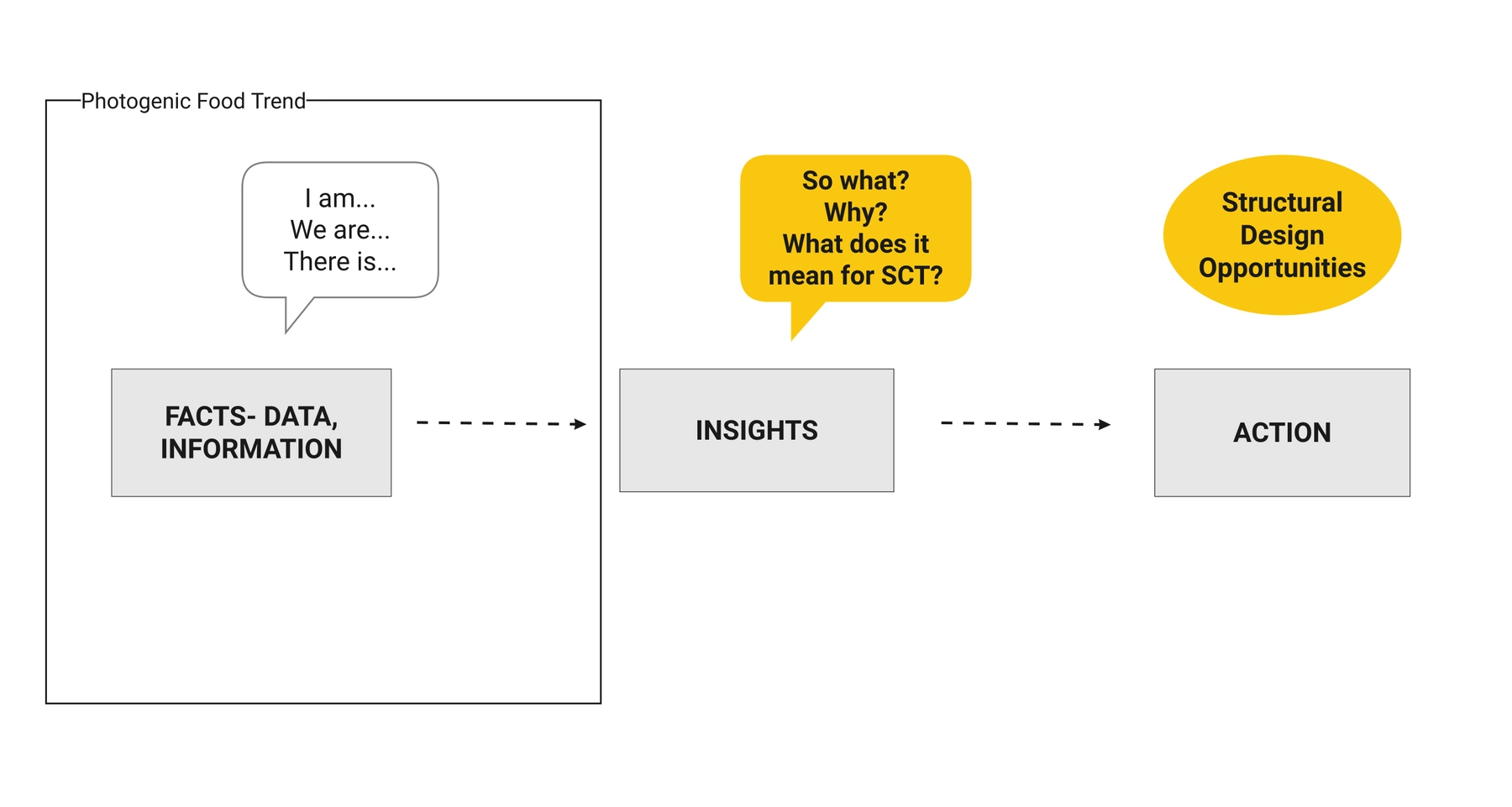
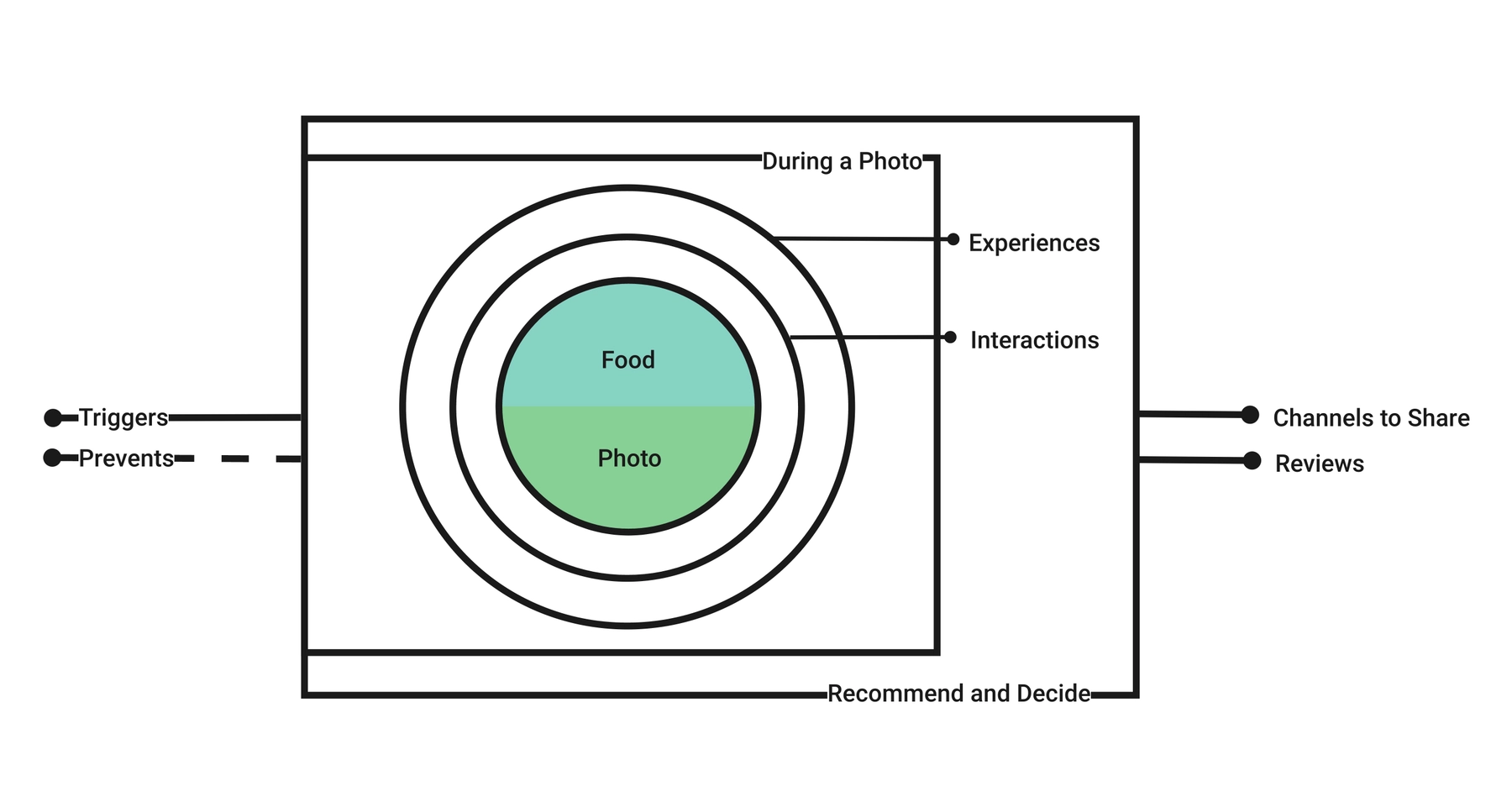
3. IDEATION
- Facilitated brainstorming sessions for the “next best innovative product”. Collaborated with multidisciplinary departments as part of the Design/Innovation team.
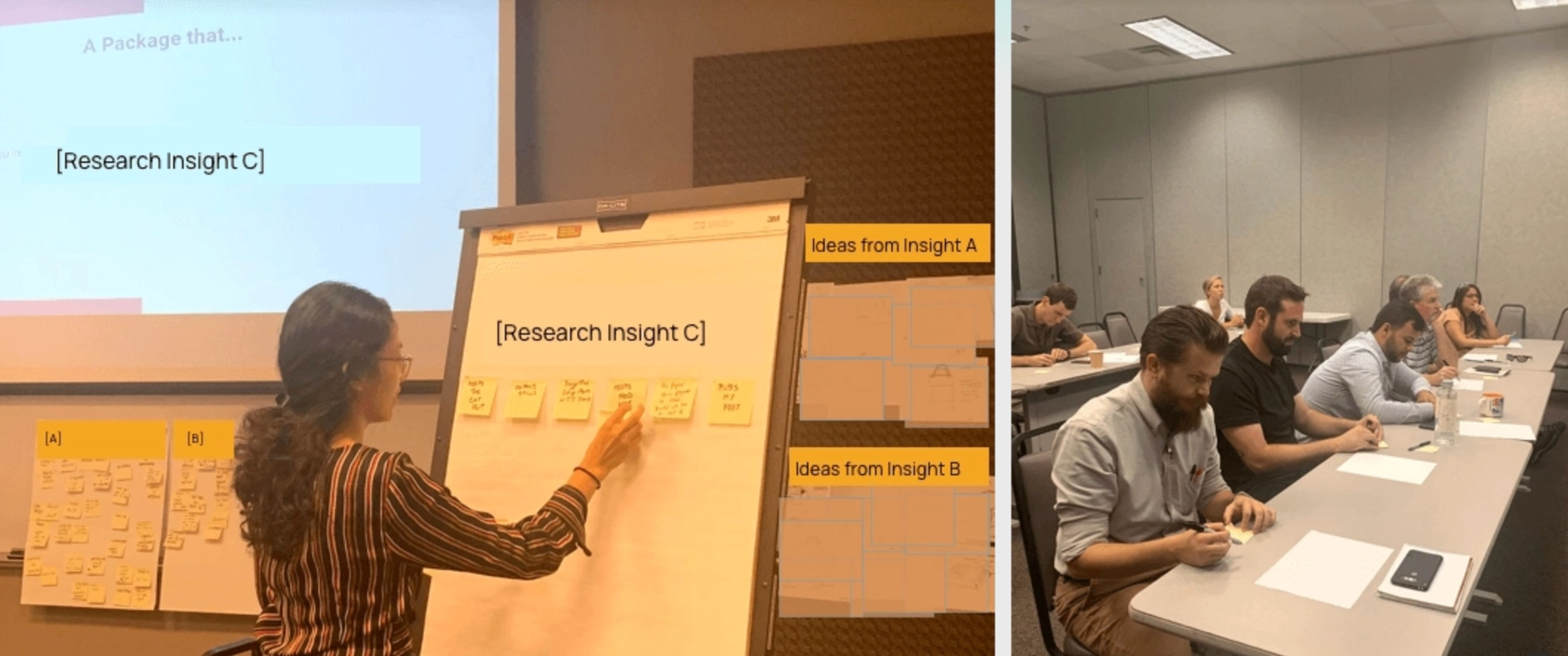
LEARNINGS
- Research uncovered three key opportunity areas — not only in structural packaging design, but also in how packaging can serve as a compelling selling point for food businesses.
- Facilitating the workshops challenged me to stay grounded in both business goals and the realities of packaging design — balancing creativity with feasibility.
SKILLS
Cultural probes, card sorting, behavioral research, trend analysis, insight synthesis, stakeholder engagement, ideation facilitation, concept generation, cross-functional collaboration, opportunity mapping, visual storytelling, research-driven product innovation, design strategy and presentation of findings.
PROBLEM
Lacked research-led innovation.
A 90+ year-old packaging company in Tennessee, USA, required innovative practices to transform traditional packaging structures in response to emerging food-related trends and consumer behaviors. The absence of a research-driven design process limited the company’s ability to anticipate market needs and unlock new product opportunities.
MY ROLE: Design Researcher and Innovation Strategist.
GOALS
- To inform the stakeholders about this relevant behavioral trend for the food services industry
- To inspire structural design opportunities
OUTCOME
- Conducted 2 research case studies that guided product development.
- Delivered +20 findings and areas of opportunity that translated into +100 ideas and 5+ potential new products.
- Influenced leadership on the value of research while achieving business objectives.
Key insights:




PROCESS
- DATA COLLECTION
- DATA ANALYSIS
- IDEATION - CONCEPT DEVELOPMENT

1. DATA COLLECTION
Card Sorting Interviews: To understand people's associations.

Cultural Probe: To observe people's behavior and inquire about their decisions.

2. DATA ANALYSIS


3. IDEATION
- Facilitated brainstorming sessions for the “next best innovative product”. Collaborated with multidisciplinary departments as part of the Design/Innovation team.

LEARNINGS
- Research uncovered three key opportunity areas — not only in structural packaging design, but also in how packaging can serve as a compelling selling point for food businesses.
- Facilitating the workshops challenged me to stay grounded in both business goals and the realities of packaging design — balancing creativity with feasibility.
SKILLS
Cultural probes, card sorting, behavioral research, trend analysis, insight synthesis, stakeholder engagement, ideation facilitation, concept generation, cross-functional collaboration, opportunity mapping, visual storytelling, research-driven product innovation, design strategy and presentation of findings.
